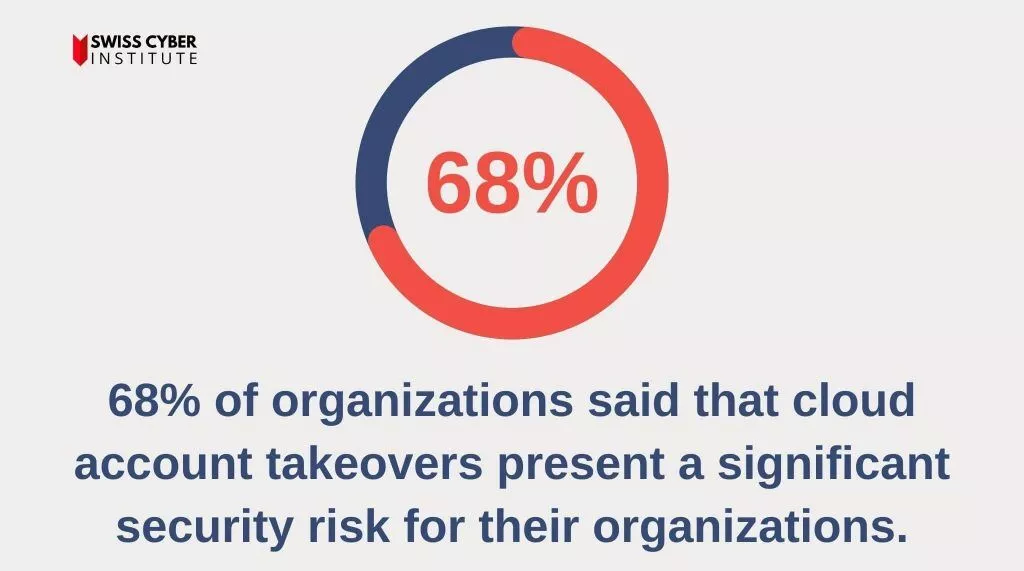In today’s digital age, data security is of paramount importance. For businesses and individuals alike, ensuring critical information’s confidentiality, integrity, and availability is non-negotiable. Dedicated servers, known for their performance and control, are popular choices for hosting websites, applications, and sensitive data.
However, these servers are not immune to threats, so fortifying them against potential vulnerabilities is essential. If you are searching for the answer to “how do I secure dedicated server, this guide is only for you. It discusses the significance of DDoS protection for dedicated servers and offers a step-by-step guide on securing a dedicated server.
Let’s Understand the DDoS Threat
Distributed Denial of Service attacks have become a significant threat to dedicated servers. These attacks overload a server with massive traffic, rendering it inaccessible to legitimate users. Let’s look at some recent statistics to highlight the gravity of this threat:
The Netscout report shows that DDoS attack frequency increased by 20% in 2020, with an average of 4,790 daily attacks.
In the first quarter of 2021 alone, there were 2.9 million DDoS attacks, marking a 31% increase compared to the same period in the previous year (Neustar Security).
The average cost of a DDoS attack for an organization was approximately $2.3 million in 2020, a notable increase from $1.3 million in 2019 (Statista).
Given these alarming statistics, it is evident that DDoS attacks continue to be a severe concern for dedicated server owners. Let’s explore some strategies for DDoS protection.
DDoS Protection for Dedicated Servers: What Steps to Consider?
Powerful dedicated servers offer unmatched control and performance for hosting websites, applications, and sensitive data. However, they are also prime targets for malicious actors seeking to disrupt online services through Distributed Denial of Service (DDoS) attacks. Securing a dedicated server from DDoS attacks demands that robust security measures be put in place. Here, we’ll discuss some key strategies for DDOS protection:
Firewalls and IDS/IPS
Recent advancements in DDoS attacks have made it crucial to employ robust firewalls and Intrusion Detection/Prevention Systems (IDS/IPS). These systems monitor incoming traffic, identifying patterns indicative of DDoS attacks and blocking malicious traffic.
Content Delivery Network (CDN)
Recent research from Cloudflare suggests that CDNs are highly effective against DDoS attacks. By distributing traffic across different servers and data centers, CDNs can absorb and mitigate the impact of DDoS attacks, ensuring uninterrupted service.
Traffic Scrubbing Services
Recent data from Akamai indicates that traffic scrubbing services offered by DDoS protection providers are increasingly effective. These services filter out malicious traffic before it reaches your dedicated server, safeguarding your online presence.
How to Secure a Dedicated Server?
Are you looking for DDOS Protection for Dedicated Server? Digiturunc can help you. Our Anti Ddos solution offers a safe and secure shield for your website, safeguarding your online business against the relentless threat of DDoS attacks.
Our comprehensive protection, tailored for enterprise data centers, employs a multi-layered defense strategy encompassing a wide range of known DDoS techniques. Moreover, it goes beyond the present, with the capability to detect and proactively mitigate future threats through meticulous data activity analysis. With Digiturunc’s DDoS Protection Solution, your server’s security is in expert hands, ensuring uninterrupted online operations for your critical assets.
Check More: https://www.digiturunc.com/ddos-protection/
Beyond DDoS protection, securing a dedicated server involves a multifaceted approach. Recent statistics underline the importance of proactive security measures:
In 2020, 67% of data breaches resulted from credential theft and brute force attacks (Verizon Data Breach Investigations Report).
The global average data breach cost in 2021 was $4.24 million (IBM Security).
Now, let’s dive into finding an answer to “How do I secure dedicated server?”
Keep Software Updated
Recent data breaches often exploit known vulnerabilities. Regularly update the server’s operating system, applications, and security software to patch these vulnerabilities.
Strong Authentication
Recent studies by security experts emphasize the importance of strong authentication. Implement robust password policies and consider adopting multi-factor authentication (MFA) to thwart unauthorized access.
Firewalls
Configuring firewalls is essential to security. Recent reports from Gartner suggest that application-layer firewalls are highly effective in protecting against web-based attacks. Customize your firewall rules to allow only necessary traffic and block unused ports.
Regular Backups
Recent data from the Cybersecurity & Infrastructure Security Agency (CISA) shows that ransomware attacks are rising. Regularly back up critical data and configurations, storing them securely and separately from the server to ensure recoverability in case of data loss or breaches.
Monitoring and Logging
Recent breaches have shown the importance of real-time monitoring and log analysis. Set up monitoring tools to detect suspicious activities and maintain logs for post-incident analysis.
Access Control
Restricting access to the server is vital. Use role-based access control (RBAC) to manage permissions effectively and limit access to only authorized personnel.
Encryption
Recent breaches involving data interception underscore the need for encryption. Employ SSL/TLS protocols for data in transit and encryption for data at rest to prevent data theft.
Security Patches
Stay vigilant about security patches. A recent National Institute of Standards and Technology study revealed that many breaches could have been prevented with timely patching.
Security Audits
Regular security audits as well as vulnerability assessments are essential. Recent surveys by cybersecurity firms indicate that organizations that conduct audits are better prepared to defend against emerging threats.
Incident Response Plan
Develop an incident response plan. Recent incidents have highlighted the need for a coordinated response. A well-defined plan can minimize damage in the event of a security breach.
The Ever-Evolving Threat Landscape
The statistics mentioned earlier highlight the dynamic nature of the cybersecurity landscape. Threats are constantly evolving, and security measures must adapt accordingly. Staying informed about emerging threats is crucial:
- In 2021, there was a 151% increase in ransomware attacks (Verizon Data Breach Investigations Report).
- Phishing attacks increased by 47% in 2020 (Cybersecurity & Infrastructure Security Agency).
- Mobile malware attacks surged by 54% in 2020 (McAfee).
Ending Note
Securing a dedicated server is a multifaceted endeavor that requires continuous vigilance and adaptation. Recent statistics underscore the urgency of taking proactive steps to protect critical information.
DDoS attacks, data breaches, and other cyber threats pose substantial risks, but by implementing robust security measures, staying updated on emerging threats, and developing a comprehensive security strategy, you can mitigate these risks and maintain the integrity and availability of your dedicated server. In the ever-evolving world of cybersecurity, proactive measures are the key to safeguarding your valuable data and ensuring a secure online presence.







